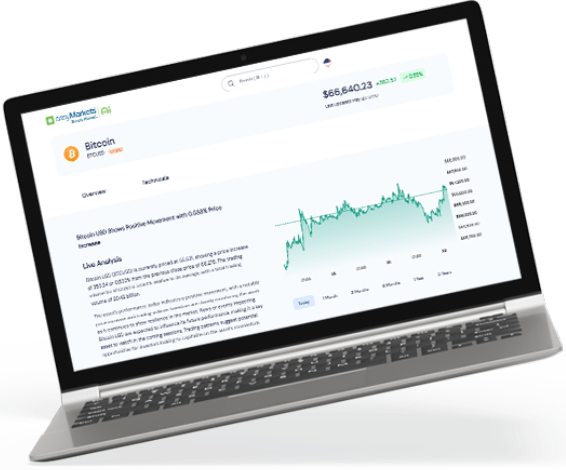How to Spot Trends in a Chart
You may have heard the phrase ‘the trend is your friend’ thrown around by traders. Basically what this means is that markets tend to follow trends in one particular direction until something comes along to reverse that trend.
Trading against the trend may possibly be profitable if you accurately predict when it will change, but it is a risky undertaking that requires a lot of understanding of technical analysis and experience in trading the markets.
So, we know that the trend is our friend, but how do traders identify trends? Traders use chart patterns that form distinct shapes that may be used to identify a continuing trend or an upcoming reversal of that trend. This helps them to formulate their buy and sell strategies and some patterns are identified as bearish while others are bullish. Keep in mind that while these chart patterns may give traders an indication of future price movements, there are no guarantees or crystal balls that these will come true.
Continuation Patterns
These patterns on charts show that an existing trend may continue. Here are some of the most common continuation patterns you might find on a chart.
Triangles
A bullish triangle shows that this price trend may change once the pattern is completed. Two trend lines make the pattern – an upward resistance line (flat line in example below) and a rising line showing price support.
The bearish triangle similarly follows suit until the completion of the pattern. However, here the flat trend line is the support while the downwards moving one is the resistance. This is also called a descending triangle.
Bullish Triangle

Bearish Triangle

Wedge
Wedge patterns show the trend lines converging. When rising, the wedge’s lines come together in an ascending direction. While with the falling wedge, the lines converge in a downward direction.
Rising Wedge

Falling Wedge

Flag and Pennant
When prices move quickly and we see a broad sideways move we get what is called a ‘flag and pennant’ chart pattern. We see the flag formed by two parallel support and resistance lines, and the pennant is formed when these two trend lines then come together, or converge.
Flag

Pennant

Gaps
Gaps are created when the price of a market flucuates between the time of its cosing the previous day and the time of its opening the next. It can also apply for markets that are closed on the weekend - when the price on Friday's closing can be different from the price on Monday - causing a "gap" in the price chart.
Gaps

Reversal Patterns
Reversal patterns show a trend coming to an end and heading towards a reversal once the pattern is formed. Here are some of the main ones you should know.
Head and Shoulders
You may identify this pattern when you have three price peaks forming a higher middle peak (the head) with two slightly lower ones on either side (the left and right shoulders). As a reversal pattern you may anticipate that price would move in the other direction from the previous trend. This particular pattern indicates a possible drop in price below the two troughs formed by the shoulders.
If you were to hold a mirror to this image below, where the head is below the two shoulders you get an inverse head and shoulders. This then indicates a rise in price once the pattern has completed.
Head and Shoulders

Breakout

Double Tops and Bottoms
In a double top chart pattern we see the peak of a rising trend and once the pattern is done we may expect to see a drop in price.
In a double bottom chart pattern we see the trough or bottom of a falling trend. It shows support to the falling trend and we may expect to see price move up after the completion of this pattern.
Double Tops

Double Bottoms

Triple Tops and Bottoms
If a price moves up three times to touch the resistance line without breaking through it then we get what is called a triple top – a bearish reversal pattern. At each touch point at the top the price will drop to similar support levels. After doing this three times, we may see price break the support to drop below the support line and continue on the new trend.
A bullish triple bottom is pretty much this example in reverse. When the price moves downwards and test three similar support levels without breaking them, we see the price rise back up to similar resistance levels. Once the pattern has been done this three times, we may see price push through the third resistance level with an expectation that it may continue to rise.
Triple Tops

Triple Bottoms

Final Word on Trends
There are many other patterns we could discuss here but these are some of the more commonly found. Once you start following charts you begin to observe these patterns and you may be able to take advantage of which direction they indicates markets may move.














